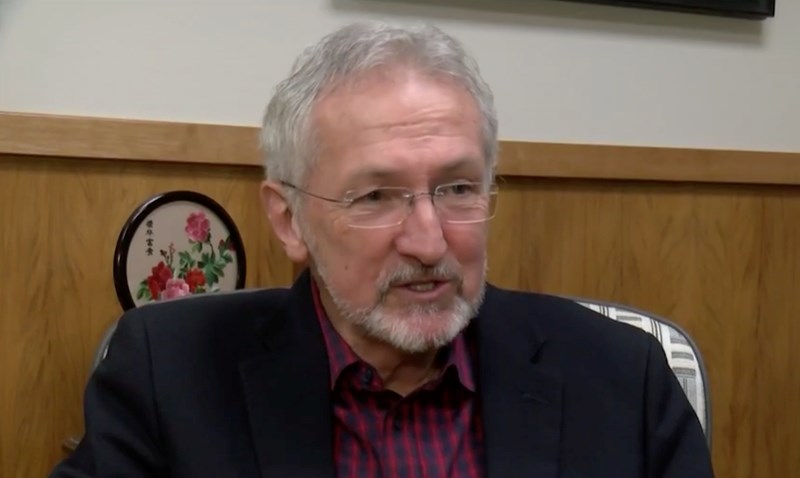Nanaimo Mayor Leonard Krog wants the provincial and federal governments to provide more support to address the mental-health and addictions crisis playing out on city streets, including considering institutionalization in “extreme cases.”
“Because the alternative is we just leave them out in the streets until they die,” he said.
Krog would like to see a system where young people experiencing abuse or trauma can get adequate support to try to prevent mental health and addictions issues later in life.
In cases of people with severe mental-health issues, who are in and out of jail, and violent to themselves or others — Krog thinks committing people to institutions is the answer.
“It’s time to recognize that some people do need a form of institutionalization where they are protected and cared for and have some hope,” he said.
Kevin Griffith, a shelter co-ordinator in Nanaimo, agrees with Krog. He said he understands the concerns people have about taking away people’s freedom. “But what kind of freedom do they have if they’re being incarcerated and they’re being victimized on the streets on a daily basis?
“What kind of life is that?” Griffith said.
He said he’s heard from people he has worked with that they liked being at Riverview Hospital, a mental-health institution in Chilliwack that closed in 2012.
Griffith said he has also heard “horror stories,” but thinks it was a mistake to close the institution.
“We know what happened when they closed Riverview. All the people ended up at [Vancouver’s] Downtown Eastside,” he said.
“We should have just made some changes to how it was run.”
The Ministry of Mental Health and Addictions said the decision was made to shut down places like Riverview across the country and transition to more care in the community.
“Unfortunately, at the time, those community supports did not materialize. That’s been hard on people and on communities,” the ministry said in a statement.
The ministry is focusing on building a range of mental-health-care options, including voluntary residential care.
Krog said mental health and homelessness are top of mind for Nanaimo residents and compassion is running out.
A tent city near the harbour grew to at least 300 people before being shut down last December, when the province opened two modular supportive-housing shelters in the city.
The housing has caused tension in the community, with a spike in crimes such as drug trafficking and an increase in calls about disturbances, mischief to property, mental-health issues and drug overdoses.
“I have a business who’s tired of cleaning up human excrement and needles from around their premises every day. I have car dealers who are sick of the theft that goes with people feeding their addictions,” Krog said.
“I am expressing a level of frustration coupled with a still vibrant sense of compassion.”



